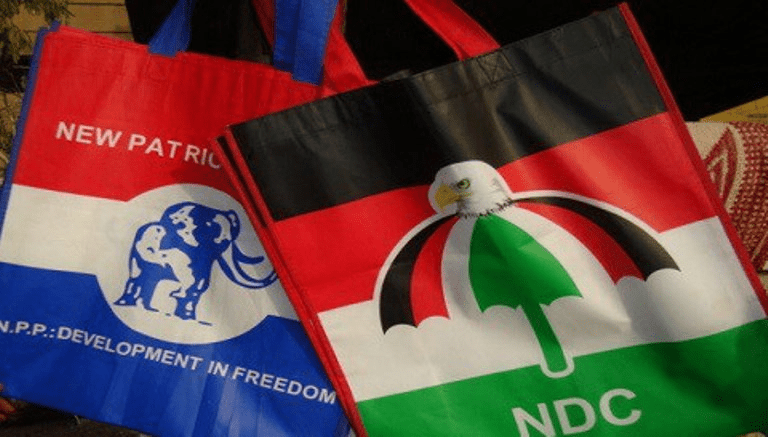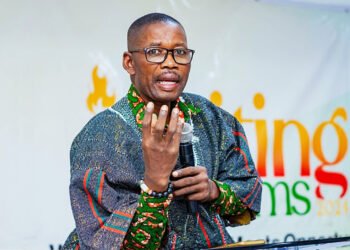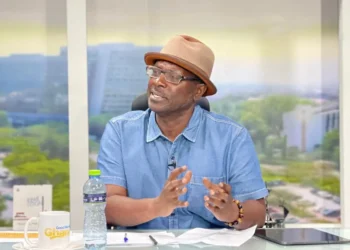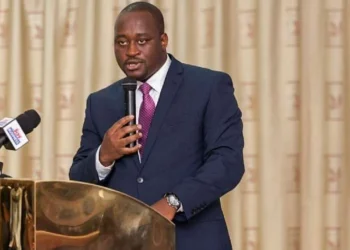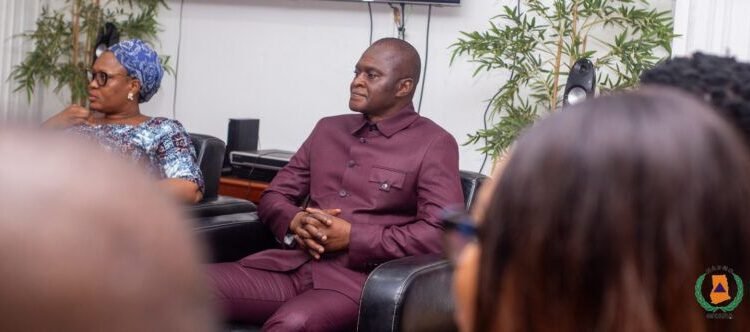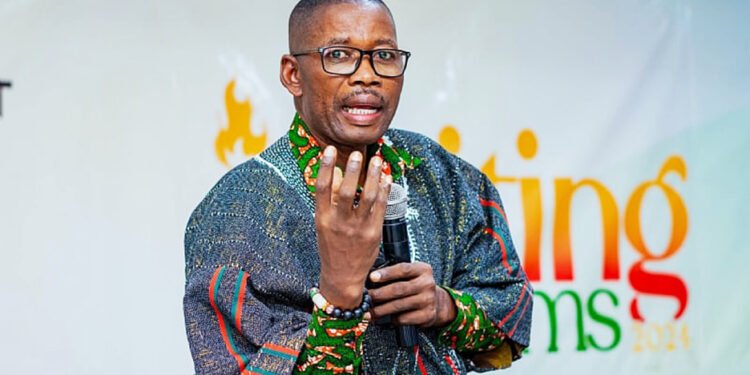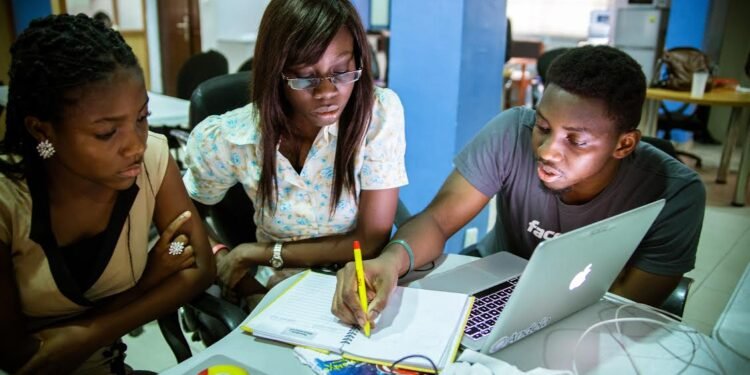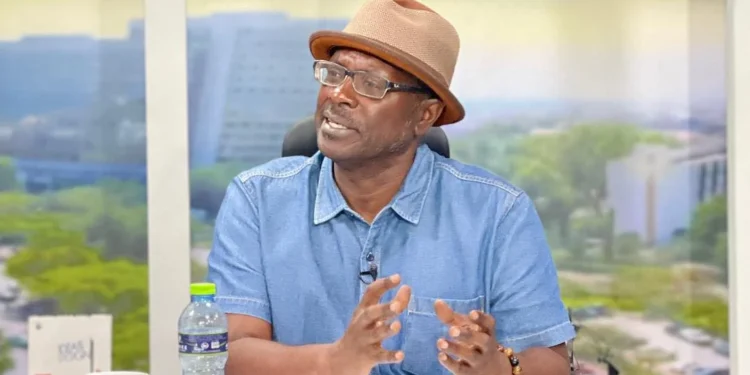Ghana, a vibrant democracy in West Africa, has witnessed a political landscape largely dominated by two major political parties, the National Democratic Congress (NDC) and the New Patriotic Party (NPP).
In the upcoming December elections, smaller political parties are forming an alliance against the NDC and NPP, aiming to break the duopoly’s stronghold and foster a more inclusive and diverse political environment.
Alan John Kwadwo Kyerematen’s Movement for Change (M4C) has formed a grand alliance with the National Interest Movement (NIM) and other political entities and individuals to contest the 2024 general elections.
“The Alliance, named the ‘Alliance for Revolutionary Change’ (ARC) will aggressively mobilize Ghanaians from across the country, particularly the Youth and Women, irrespective of their religious, political, and ethnic affiliations, in a grand coalition to elect the first Independent Candidate as the President of the Republic of Ghana.”
Alan John Kwadwo Kyerematen, Founder of Movement for Change (M4C)
A healthy democracy thrives on the presence of multiple political parties, each representing different perspectives, ideologies, and priorities. By allying, smaller parties can pool their resources and increase their collective influence, striking a balance against the dominance of the NDC and NPP.
This alliance would ensure that the voice of every Ghanaian is represented, promoting a truly inclusive democracy where the interests and concerns of all citizens are given due attention.
The NDC and NPP have been the primary contenders in Ghanaian politics for decades. While both parties have made significant contributions, the duopoly has stifled the growth of alternative parties, limiting the choices available to voters.
This lack of diversity hampers the development of fresh ideas, innovative policies, and effective governance. By forming an alliance, smaller parties can create a credible alternative, challenging the dominance of the two major parties and offering voters a wider range of choices.
“The Alliance when voted into Government, will focus on breaking the cycle of poverty and reset the country on a new path to prosperity. The Alliance seeks to end the dominance of the duopoly, the NDC and the NPP, in Ghanaian politics, two Parties which after 32 years in government, have failed to address the fundamental.”
Alan John Kwadwo Kyerematen, Founder of Movement for Change (M4C)
The NDC and NPP’s duopoly has often resulted in policy deficits and a lack of accountability. With limited competition, the two major parties tend to prioritize winning elections over the interests of the people.
Smaller parties, on the other hand, often have more specialized policy focuses and can bring attention to neglected issues. By forming an alliance, these parties can collectively address policy gaps, paving the way for more effective governance and accountability.
Mr. Kyerematen indicated that the new alliance, which will be launched on Wednesday, April 17, 2024, will work towards forming an all-inclusive Government of National Unity with representation from political parties, the business community, farmers, and fishermen, labour unions, faith-based organizations, traditional authorities, civil society organizations, academia, media, and other stakeholder interest groups.
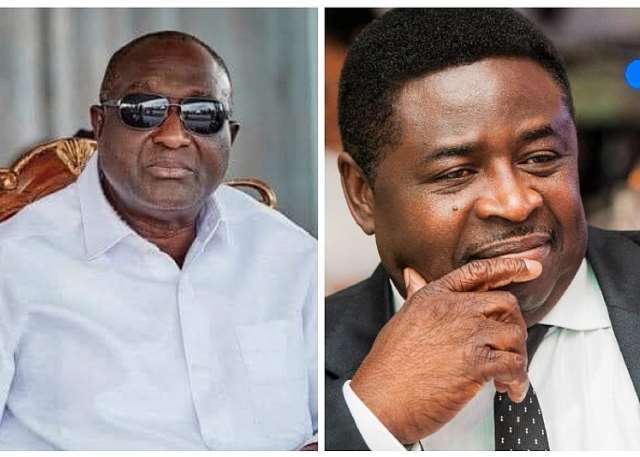
Impact of a Strong Alliance
The presence of a strong alliance formed by smaller political parties would invigorate the electoral process in Ghana. It would encourage healthy competition, forcing the major parties to engage in more substantive debates and discussions.
Moreover, the alliance would provide a platform for smaller parties to share their vision, policies, and plans with the electorate, fostering a more informed voter base. This increased engagement and participation would contribute to a stronger democracy, where citizens have a say in shaping the nation’s future.
“The Alliance will advocate for fundamental constitutional reforms including but not limited to reforms in governance, public sector accountability, management of our natural resources, as well as mindset and attitudinal change in Ghana.”
Alan John Kwadwo Kyerematen, Founder of Movement for Change (M4C)
An alliance formed by smaller political parties would have the potential to foster national unity by bridging ideological and regional divides. Smaller parties often represent specific regions or communities, and by working together, they can build a broader coalition that transcends regionalism and promotes a more cohesive national identity.
This unity would strengthen the fabric of Ghanaian society, fostering understanding, cooperation, and a shared commitment to national progress.
The upcoming December elections in Ghana provide an opportunity for smaller political parties to unite against the duopoly of the NDC and NPP. By forming an alliance, these parties can collectively challenge the status quo, introduce fresh perspectives, and offer voters a wider range of choices.
This alliance will contribute to a more balanced democracy, address policy deficits, promote accountability, strengthen the electoral process, and foster national unity. Ultimately, breaking the duopoly will pave the way for a more inclusive and vibrant political landscape, where the voices and interests of all Ghanaians are represented.
READ ALSO: EduWatch Bids for Establishment of National Scholarships Commission

